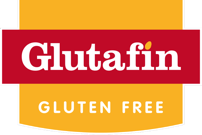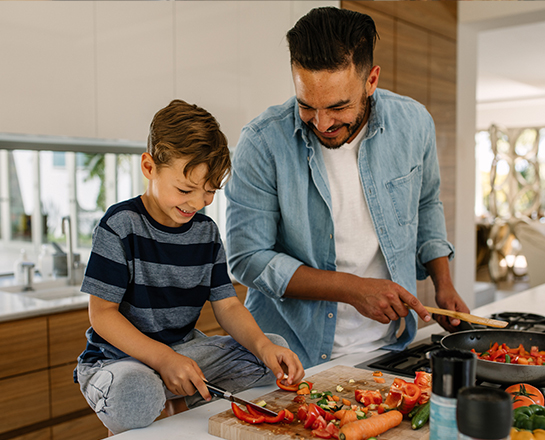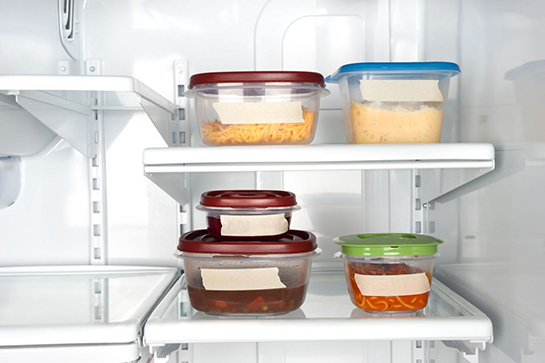
If you or someone you love has been recently diagnosed with coeliac disease, you could be eligible to receive gluten free foods on prescription. Simply select your country of residence, and, if you live in England, fill in your postcode to check if your area is prescribing.
Your country is prescribing gluten free foods*. Request your Glutafin Taster Box by clicking the button below to sign up.
* Please note: local policies are constantly updated, and issuing a prescription is at the discretion of your GP.

Now that you’ve started a gluten free diet, it’s important to ensure that all the hard work you’ve done in adapting to a new lifestyle isn’t undone by unwanted gluten contaminating your gluten free foods.
Remember that unfortunately even small amounts of gluten can cause damage to the gut.
There are a few simple things you can do at home to keep your gluten free food safe.

Once you’ve opened the packaging of any gluten free foods (e.g. bread, flour), make sure that it’s stored in an airtight container, ideally in a location away from its wheat containing equivalent. Some people find it useful to dedicate one of their kitchen cupboards specifically to gluten free items.
Any leftovers, or baked goods that you’ve made also need to be stored safely, and if you’re keeping things in the fridge, just make sure your gluten free foods are on the top shelf, this will ensure that any crumbs of gluten containing foods aren’t able to drop down from the shelves above!

Where to start? Begin with the basics, make sure all surfaces have been cleaned and wiped down with hot soapy water, and that you’ve washed your hands.
Ideally, you should have separate chopping boards, utensils and pans for gluten free cooking, but in reality we appreciate this isn’t always feasible. It’s therefore incredibly important to ensure these items are washed thoroughly before using for gluten free preparation. Don’t worry, washing up liquid or the dishwasher will remove any chance of contamination, and you don’t need a separate sponge.
If you also don’t have the luxury of a separate toaster, we’d advise using toaster bags to make sure your bread doesn’t come into contact with any gluten containing crumbs.
Consider having your own butter, jams and spreads (and putting a big gluten free sticker on them!) – it sounds crazy but transfer of gluten from these foods is very easy when people are digging in to top their toast.
If you’re making a pasta meal for the family, preparing a gluten free sauce is absolutely fine, but just remember to cook your pasta in a separate pan and use a separate sieve to drain it.

Anyone who might be making food for you needs to be aware of the care that needs to be taken to ensure no gluten comes into contact with your food. Don’t be afraid to share with them why it’s important for you, and explain to them the consequences if you consume gluten.
With a few simple steps, you can make sure your kitchen is safe and ready for your new gluten free lifestyle. And remember, if you have any questions, please don’t hesitate to get in touch.

If you or someone you love has been recently diagnosed with coeliac disease, you could be eligible to receive gluten free foods on prescription. Simply select your country of residence, and, if you live in England, fill in your postcode to check if your area is prescribing.
Your country is prescribing gluten free foods*. Request your Glutafin Taster Box by clicking the button below to sign up.
* Please note: local policies are constantly updated, and issuing a prescription is at the discretion of your GP.